Spotlight: Women in Science: Dr. Tracey Rouault on Resilience
NICHD’s Tracey Rouault, M.D., has had many notable achievements during her nearly four-decade career in the intramural program at NIH. Learn about her upbringing, career path, and accomplishments.

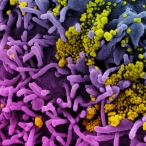
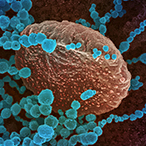
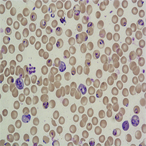

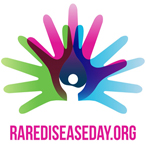

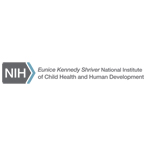
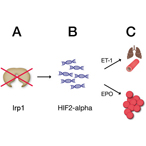
 BACK TO TOP
BACK TO TOP